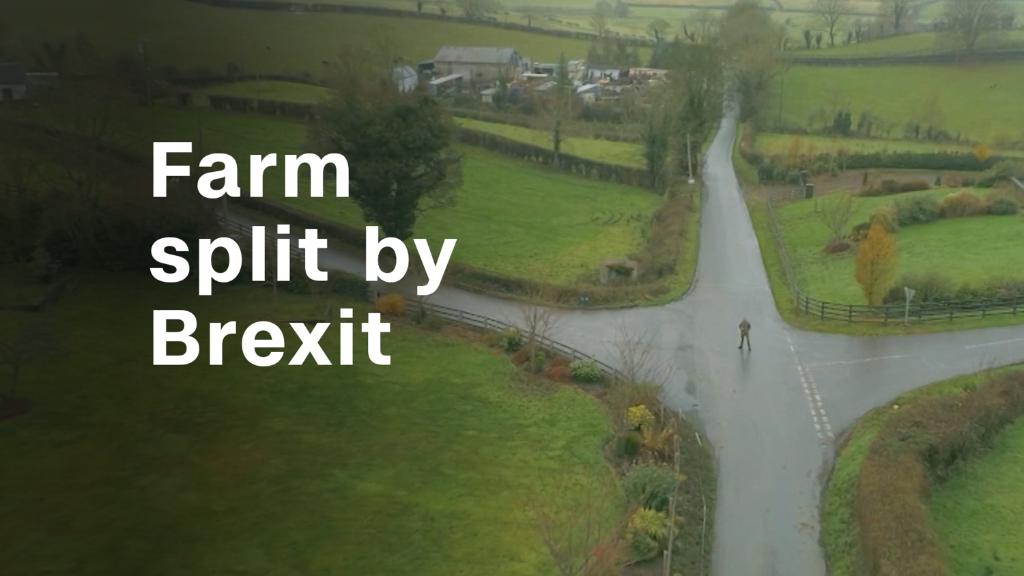
What will Brexit mean for the British economy?
Executives, forecasters and bankers have been trying to answer that question for at least two years. The U.K. government has done its own analysis, and a leaked draft Tuesday makes for ugly reading.
BuzzFeed reported that the government analysis suggests Brexit will reduce economic growth by between 2% and 8% over 15 years.
"This was initial work, not approved by ministers, which only considers off-the-shelf scenarios. No analysis was made of the bespoke [trade] arrangement we seek as a matter of government policy," a spokesman for Prime Minister Theresa May told reporters.
But never mind the future, there's already plenty of evidence that the June 2016 vote by Britain to leave the European Union -- by far its biggest export market -- is already causing damage. And that's with at least a year of fraught negotiations on the uncertain relationship between the U.K. and EU still to come.
Here's where Britain is already feeling the pain:
Slower growth
The U.K. economy performed better than some analysts expected in 2017. A synchronized upswing in the global economy helped. But Britain crashed out of the top five economies, as it lagged behind other major industrial nations.
Europe grew by 2.5% last year, its fastest pace in a decade and faster even than President Trump's America. The U.K. was left trailing as growth slowed to 1.8%.
"The decision to leave the European Union is having a noticeable impact on the economic outlook," the Bank of England said in November. "Uncertainties associated with Brexit are weighing on domestic activity, which has slowed even as global growth has risen significantly."
The central bank's governor, Mark Carney, reportedly told a private meeting in Davos, Switzerland, last week that Brexit was already costing the U.K. about £10 billion ($14 billion) a year.
The independent Office of Budget Responsibility believes weak productivity means growth won't pick up until 2021.
Falling living standards
The impact of the Brexit vote has been felt most acutely in rising prices. A slump in the value of the pound after the referendum raised the price of many imported goods, pushing up inflation.
But wages have failed to keep pace with rising prices, despite record employment levels, and that means Brits are feeling the squeeze every time they shop.
The most recent data published earlier this month showed inflation running at 3%, and average wages rising by just 2.5%. The Bank of England squeezed consumers further by hiking interest rates in November for the first time in a decade.
CNNMoney's Brexit Jobs Tracker
For struggling British families, there's little prospect of relief any time soon. Two influential reports published late last year suggest workers may go nearly two decades without a real pay raise.
The Resolution Foundation, a non-partisan think tank, has predicted that average earnings, when adjusted for inflation, are likely to stay below the level they hit before the global financial crisis until the start of 2025. The Institute for Fiscal Studies, a leading independent economic research institute, has given a similarly dire warning.
Losing vital workers
Unemployment has been falling steadily and now stands at just 4.3%, the lowest it has been since 1975. That means the labor market is very tight. Companies and government agencies are struggling to fill vacancies.
Brexit is making matters worse, particularly for sectors of the economy that rely heavily on European workers.
Some 10% of hospital doctors and nearly 6% of all National Health Service staff come from the EU. The NHS has found it much harder to recruit from the EU -- particularly nurses -- since the Brexit vote.
A third of permanent workers supplying Britain with food are from the EU, according to the Food and Drink Federation. Hotels, restaurants and clubs have warned that their sector faces a shortfall of 60,000 workers a year if the number of EU migrants is sharply curtailed.
British farms are also heavily dependent on seasonal workers from the bloc.
Labor economists say that a radical decline in immigration will hurt the British economy in the long run.


